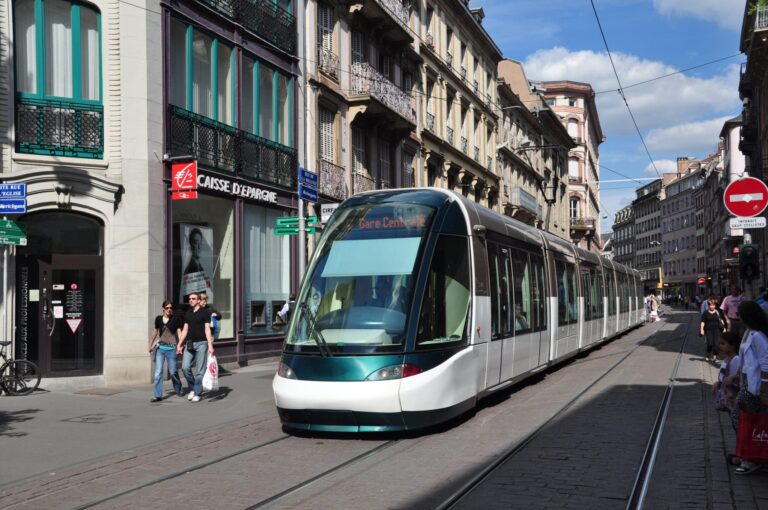Frost & Sullivan has outlined mobility as a service’ (MaaS), integrated mobility services and the deepening of public-private partnerships as rising trends in the mobility sector and are predicted to generate a market for mobility services worth over $1 trillion by 2025.
“As the roadmap for intelligent mobility evolves, policy makers and service providers are required to intensify their collaboration,” said Sarwant Singh, senior partner at Frost & Sullivan. Policy makers need to understand and quantify the full effect of intelligent mobility solutions on their economies and implement legislative and political frameworks that reflect this, he adds.
“Such partnerships represent a win-win situation for both sides. They allow the public sector to actively shape the direction of private sector engagement in terms of promoting equity in transportation provision, ensuring geographic coverage and accessibility, as well as serving low-income and underserved populations,” said Shwetha Surender, mobility industry principal at Frost & Sullivan.
“For the private sector, they open up new growth avenues through the expanded access of new mobility services, whether car sharing, bike sharing or on-demand transit.”





